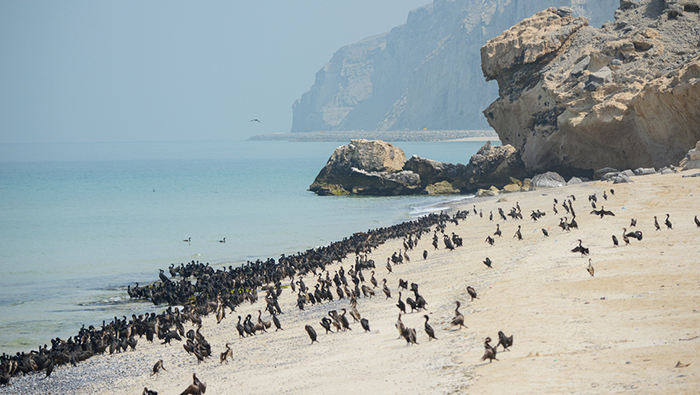The Sultanate of Oman has made significant strides in environmental performance, according to the 2024 Environmental Performance Index (EPI). The country ranked second among GCC states and second in the Middle East, marking an impressive jump of 99 places compared to the previous year. With a score of 51.9 out of 100, Oman now sits in the 50th position out of 180 countries worldwide. This improvement is expected to have positive implications for various sectors, particularly the economy.
The EPI evaluates countries based on their ability to preserve, protect, and enhance ecosystems, as well as the services they provide. Ecosystem vitality accounts for 42 percent of the index, consisting of six categories including habitat and biodiversity, ecosystem services, fishing areas, acidic rains, agriculture, and water resources. Additionally, the index measures how countries address environmental health risks through policies, such as air quality, drinking water and sanitation, heavy metals, and waste management, which make up 20 percent of the total score.
Oman’s success in improving its EPI ranking can be attributed to its efforts in meeting the standards for the “quality of ecosystems” pillar. The country has established new natural reserves through Royal decrees, bringing the total number of reserves to around 30, with more than 25 sites dedicated to biodiversity conservation. The Environment Authority has also implemented initiatives to manage and protect nature reserves, including the removal of over one million invasive birds and measures to rehabilitate threatened species and combat desertification.
Moving forward, Oman remains committed to enhancing its environmental performance and sustainability. By continuing to prioritize ecosystem preservation, biodiversity conservation, and proactive environmental health policies, the country aims to further improve its ranking on the EPI. Through collaboration with relevant authorities and engaging in sustainable practices, Oman is poised to solidify its position as a leader in environmental protection and conservation in the region and beyond.











